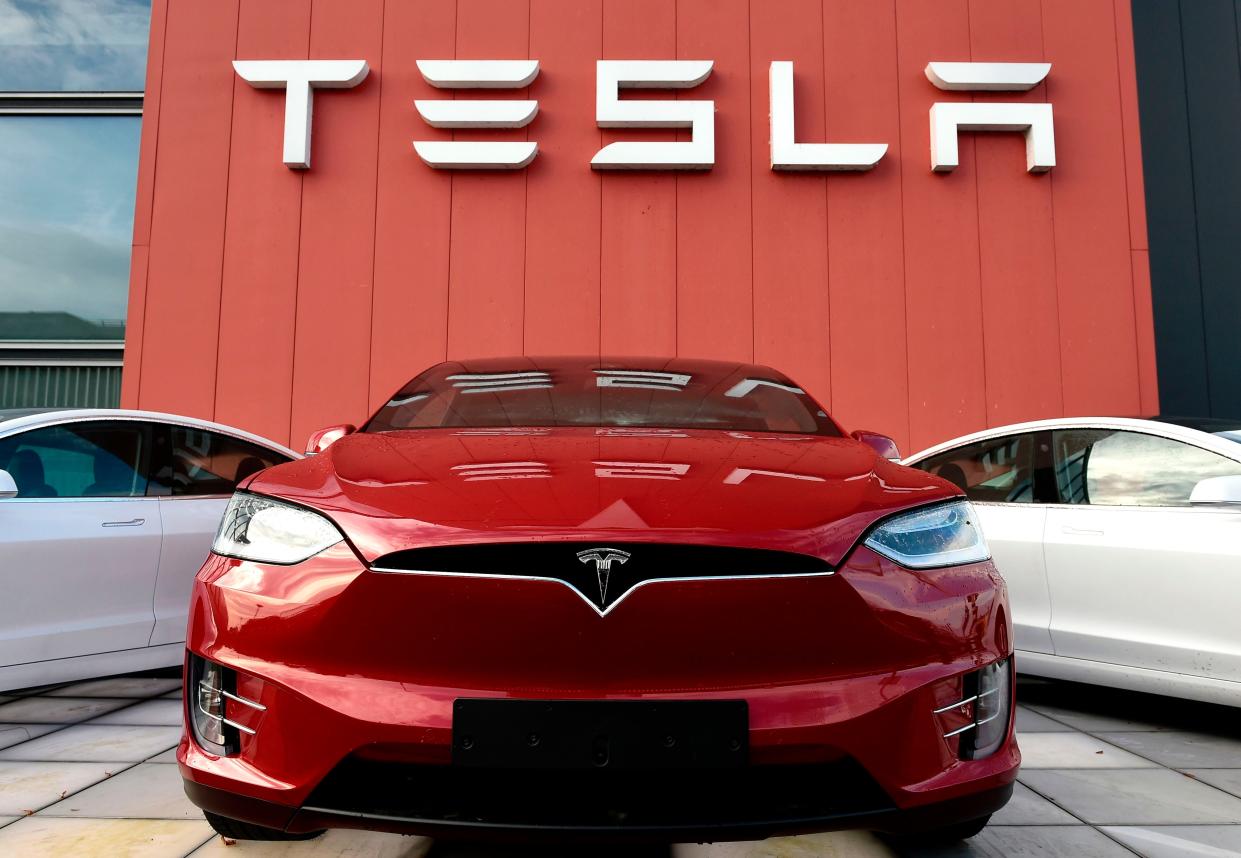Tesla settles lawsuit over crash that killed Apple engineer driving in Autopilot mode

Tesla settled a wrongful-death lawsuit related to a fatal 2018 crash.
Walter Huang's family sued after the Apple engineer died when his Tesla was in Autopilot mode.
Details of the settlement — which happened just before the planned trial — were not disclosed.
Tesla settled a wrongful-death lawsuit brought by the family of an Apple engineer who died after his Tesla crashed while in Autopilot mode, according to court records viewed by Business Insider.
Details of the settlement, which was filed on Monday, were not disclosed. The settlement came just as the case was set to go to trial on Monday in California's Santa Clara County Superior Court.
The family of Walter Huang, a 38-year-old engineer at Apple, sued Tesla in 2019, alleging the Tesla Model X SUV he was driving when he died was "defective in its design." The lawsuit claimed the March 23, 2018, crash was caused by Tesla's autopilot software.
"Mrs. Huang lost her husband, and two children lost their father because Tesla is beta testing its Autopilot software on live drivers," attorney B. Mark Fong, who was representing Huang's family, said in a statement at the time. "The Huang family wants to help prevent this tragedy from happening to other drivers using Tesla vehicles or any semi-autonomous vehicles."
Representatives for Tesla and the Huang family did not immediately respond to requests for comment from Business Insider.
Several lawsuits have been filed against Tesla related to its Autopilot feature, but this appears to be the first time the company has settled, The Washington Post reported.
A lengthy civil trial may have been a negative spectacle for Tesla, but one expert in automotive technologies previously told BI before the settlement was public that the company was unlikely to face serious consequences.
"This is one case, and Tesla will be able to absorb whatever final damages it ends up with, if any," Bryant Walker Smith, a law professor at the University of South Carolina, said of the possibility of Tesla losing the trial. However, he said it could "bolster regulatory scrutiny" around Autopilot modes.
Tesla filed a motion to have the settlement amount sealed.
The lawsuit said that Huang was driving on Highway 101 in Mountain View, California, approaching an exit ramp when his Tesla's autopilot turned the car out of the designated lane and straight into a concrete barrier while traveling around 70 mph.
An investigation conducted by the National Transportation Safety Board determined the Autopilot and the inattention of Huang were likely factors in the crash. The NTSB had concluded Huang was likely playing a game on his phone before the crash.
Tesla has previously blamed Huang for the crash in court filings. The company said Huang knew the car was not "autonomous" and that he was "not paying attention." The company has said that the crash could have been avoided had Huang been paying attention.
Read the original article on Business Insider
